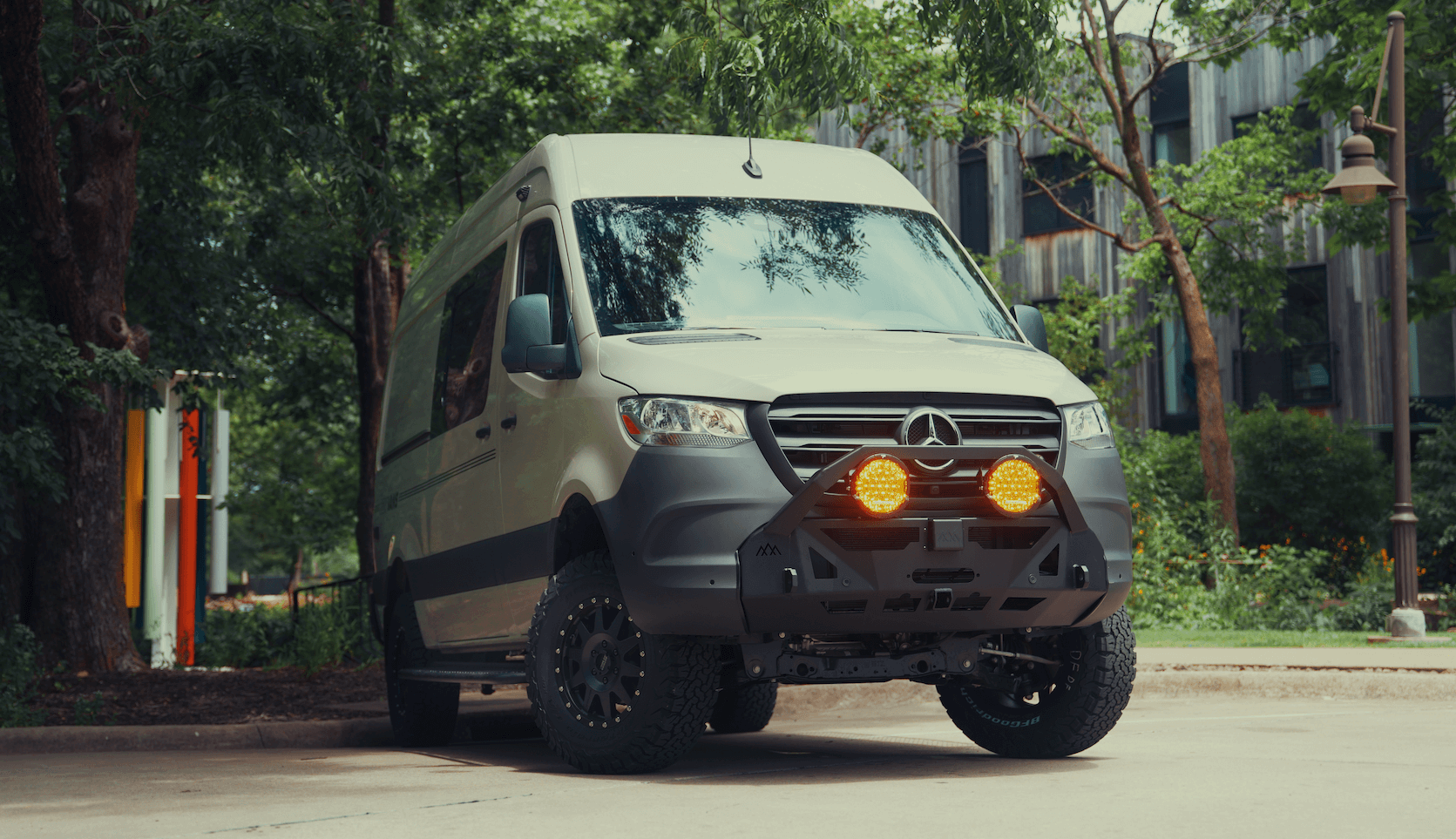Recreational Vans

A recreational van builder turns a bare cargo or passenger van into a compact living space that can handle long miles and varied weather. The foundation is structure. Floors, walls, and ceilings are insulated for temperature control and quiet. Builders add vapor management, acoustic layers, and mounting points that do not compromise the vehicle shell. Next comes electrical and power. Modern american van conversion projects commonly use lithium iron phosphate batteries, high output alternator charging, solar, and an inverter charger to run induction cooktops, laptops, and air conditioning. Good design keeps the system simple to use with clear monitoring.
Water and comfort systems follow. A practical layout provides a covered galley, filtered water, and easy to sanitize surfaces. Ventilation is critical. Roof fans and window vents manage moisture from cooking and sleep. For sleep and seating, a builder considers crash safety, weight distribution, and access to gear. Beds convert into dinettes, or fixed platforms leave room for bikes and bulky equipment. When doors and hatches on vans open at camp, traffic flow should feel natural so you are not climbing over storage to get outside.
Chassis selection influences everything. The full size market in america vans often centers around Mercedes Sprinter, Ford Transit, and Ram ProMaster. Each offers different roof heights, wheelbases, and drive options, which guide weight limits and interior headroom. Weight is a serious topic. A trustworthy recreational van builder publishes real scale numbers and designs to stay under the gross vehicle weight rating even with water, passengers, and food aboard.
Start with use cases, not cabinets. List the trips you actually take, the weather you face, and the hobbies that matter. Mountain bikers, climbers, and surfers want rugged storage, hose downs, and fast gear access. Remote workers need desk ergonomics, quiet insulation, and reliable power. Families value sleeping capacity and restraint compliant seating. If a search led you here with terms like red blue yellow vans, know that color is mostly a paint or wrap decision. Bright factory colors exist in small batches, but vinyl wraps and ceramic coatings can create the look you want without repainting.
Heating and cooling are big decisions. Diesel or gas fired heaters sip fuel and keep the rig comfortable. Air conditioning off grid demands honest math on battery capacity and charging rates. Look at duty cycles, not just peak BTUs. Sound and vibration matter too. Quality builders isolate pumps, use soft close hardware, and design airflow to avoid whine and rattle over rough roads.
Safety, certifications, and service history deserve attention. Ask about seat mounting to factory reinforced locations, wire sizing, fusing, and fire protection. A clean american van conversion should come with labeled circuits, schematics, and access panels for service. Review a builder’s website van gallery and spec sheets. If you find footwear terms such as vans womens loafers in search results, that is unrelated to vehicle builds and not relevant to your decision.
Long lasting interiors use lightweight composites, marine plywood, and closed cell foams that resist moisture. Aluminum and stainless fasteners prevent corrosion. Cabinet faces and wall panels should be removable without damaging the structure. For surfaces, high pressure laminates and textured coatings hide wear and clean easily. Flooring benefits from thermal breaks so feet stay warm in winter and cool in summer.
Layouts should keep heavy items low and centered. Water tanks, batteries, and spares belong near the axle line to protect handling. Windows add light but reduce thermal performance, so balance scenery with insulation. Consider how you will live when doors on vans open in rain and snow. An awning, mud mat, and inside shoe zone keep the cabin tidy. Network connectivity is now standard for many travelers. Roof mounted antennas, cellular boosters, and satellite internet bring work calls to the wild. A thoughtful monitoring panel shows battery state, tank levels, and heater status at a glance.
After you sort the facts, you may want a partner that listens first and builds second. OZK Customs is a recreational van builder in Fayetteville Arkansas that designs and crafts full conversions for long term travel. We focus on quiet cabins, clean electrical design, and smart storage that suits your trips. You can explore our current approach on our recreational vans page, see how a complete project comes together on our custom build van overview, or review finance friendly options on our mainstream vans section.
When you are ready, we map your travel patterns, power needs, and storage goals. Then we engineer the structure, electrical, water, and ventilation as one system instead of a pile of parts. Pickup at our shop is a sendoff, not a transaction, with a full walkthrough so you feel at home the moment the keys turn.
Tell us where you are headed and what you carry. We will build a reliable, American made conversion that feels calm on the highway and capable off the grid. Submit the form to start your plan today.
Ready for a purpose built van, not a template? Tell us how you travel. We will engineer a quiet, safe, off grid conversion and deliver it with a full walkthrough at our Fayetteville shop. Start your build conversation now.
ADDRESS:
6159 E Huntsville Rd, Fayetteville, AR 72701
PHONE:
(479) 326-9200
EMAIL:
info@ozkvans.com